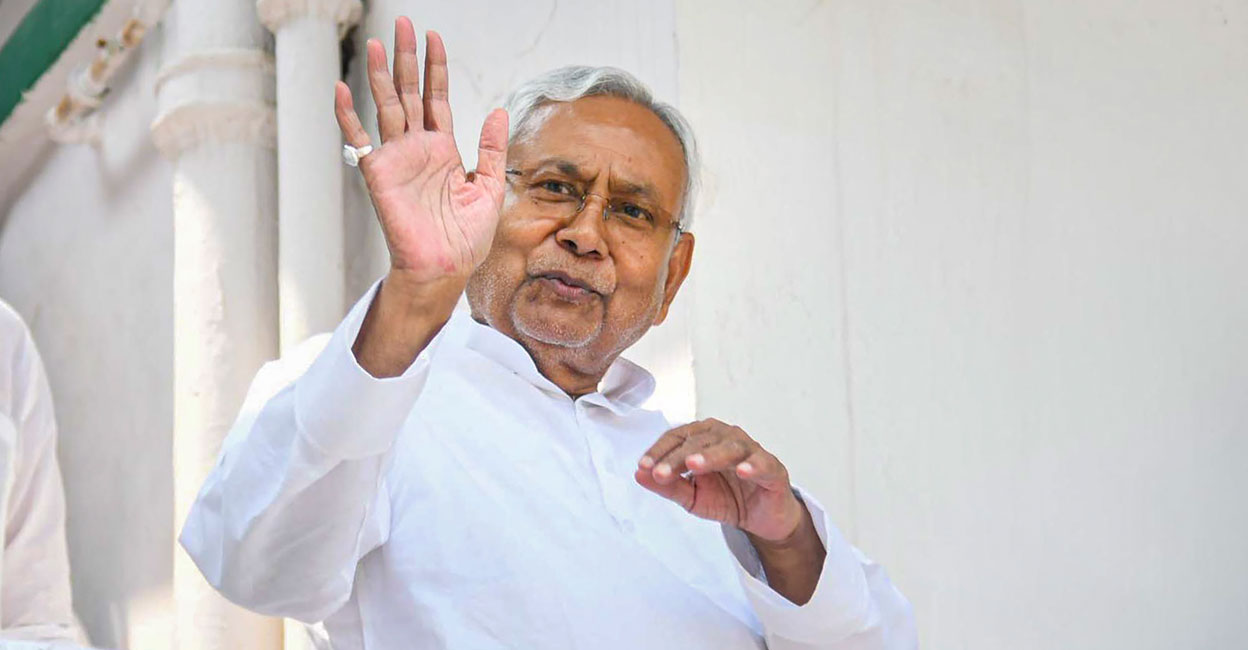Patna: Bihar Chief Minister Nitish Kumar emerged victorious in a crucial trust vote in the state Assembly on Monday, with 130 legislators casting their votes in his favour. This development unfolded as the Opposition staged a walkout during the voting process. The Bihar Assembly, comprising 243 MLAs, witnessed the floor test two weeks after Kumar’s switch from the Mahagathbandhan (grand alliance) to the BJP-led NDA bloc, a move that reshaped the political landscape in the state. Notably, three Rashtriya Janata Dal (RJD) MLAs, namely Prahlad Yadav, Neelam Devi, and Chetan Anand, switched allegiance to the NDA during the session.
Addressing the Assembly, Chief Minister Nitish Kumar accused the RJD of attempting to claim credit for the initiatives he had spearheaded. He alleged that during the 15-year tenure of the Lalu Prasad and Rabri Devi governments, nothing substantial had been done for Bihar’s development.
Highlighting the achievements of his JD(U) government since assuming power in 2005, Kumar remarked, “What they didn’t do for 15 years, I took up immediately. I have worked for every level of society, for their development. Law and order has improved, and women can now venture out late at night.”
The Chief Minister accused the opposition of merely continuing the policies and initiatives implemented during his tenure and attempting to take credit for them. He underscored the improvement in law and order, claiming that the fights between Hindus and Muslims ceased under his leadership. “So many fights happened between Hindus and Muslims during their rule. It all stopped once I came (as CM),” he asserted.
In a direct jab at RJD supremo Lalu Prasad and Rabri Devi, Kumar emphasized the visible contrast in the state’s development during their 15-year tenure before he assumed power in 2005. The trust vote outcome solidifies Nitish Kumar’s position in the Bihar political landscape, marking a significant chapter in the state’s political narrative.





